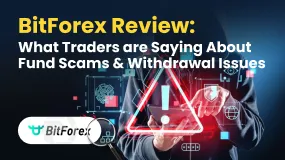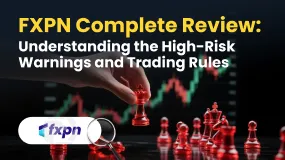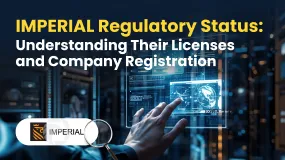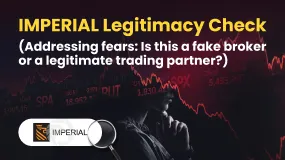Abstract:The plaintiffs plan to subpoena third parties including six of Robinhood's market makers and the Depositary Trust Clearing Corporation (DTCC) for detailed transaction data, correspondence, and related information for the nine Affected Stocks (that is, the stocks that were subject to trading restrictions in January 2021).
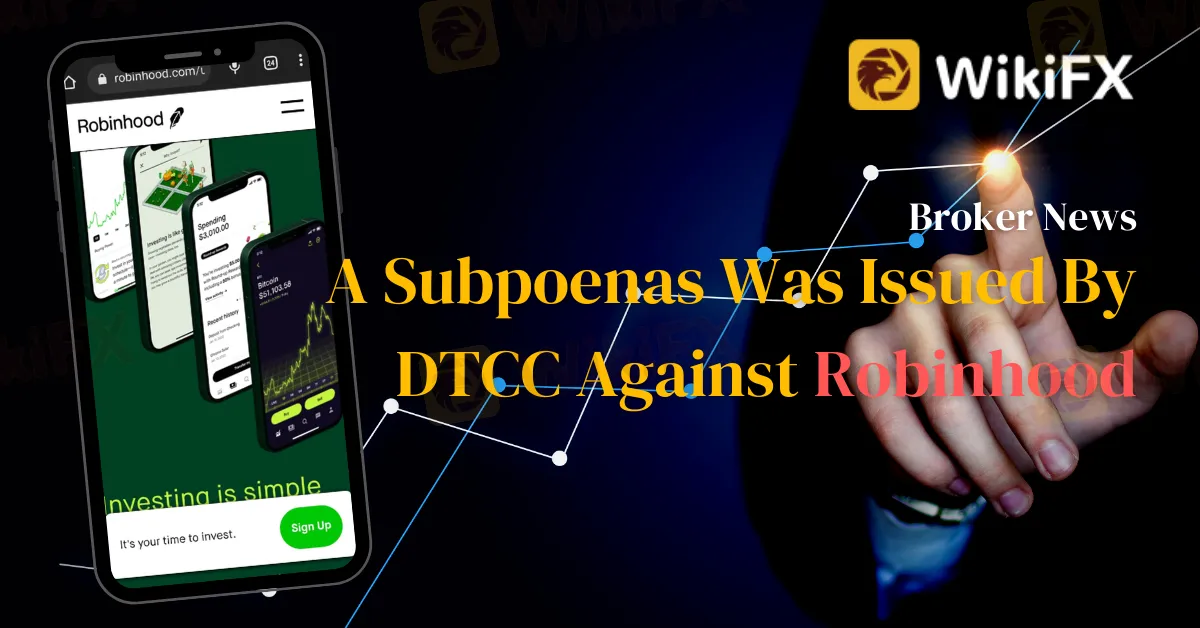
The plaintiffs in the Federal Securities tranche of the action, together with Robinhood, presented their Joint Planning and Scheduling Report earlier this week.
The plaintiffs say that they served a Robinhood the First Request for Document Production. Among other things, the request requests extensive trade histories for the nine Affected Stocks.
Plaintiffs also intend to submit third-party document subpoenas to, among others, Robinhood's six market makers and the Depositary Trust Clearing Corporation (DTCC) to obtain extensive trade records, communications, and associated information for the nine Affected Stocks (that is, the stocks that were subject to trading restrictions in January 2021). The plaintiffs predict that obtaining these key papers will take at least five to six months, followed by three to four months of analysis with the help of one or more specialists.
Plaintiffs will require at least three months to take at least ten depositions, according to their calculations.
Plaintiffs also anticipate dealing with discovery objections and maybe filing motions to compel, which might further delay the receipt and study of these critical documents. These third-party subpoenas are expected to be served by November 1, 2022, according to the traders.
Given their differing perspectives on the underlying factual and legal issues, the parties in this dispute think that settlement is improbable at this time. However, the parties agree that settlement talks may be advantageous in the future.
The Consolidated Class Action Complaint (CCAC) includes two remedy requests. Count I charges Robinhood with violating Section 9(a) of the Securities Exchange Act of 1934 by manipulating the pricing of the Affected Stocks. Count II claims a similar approach, but it is based on Section 10(b) and Rule 10b-5 adopted under it.
Count I includes two sub-claims under sections 9(a)(2) and 9(a)(4). Plaintiffs claim that Robinhood violated section 9(a)(2) by purposefully manipulating the market in order to artificially lower the prices of the Affected Stocks. Concerning section 9(a)(4), Plaintiffs contend that Robinhood misstated or omitted material facts in order to mislead investors into believing that it did not have a liquidity problem — a problem that would cause Robinhood to lose investors, customers, money, and, consequently, the opportunity for a lucrative initial public offering.
Count II charges Robinhood with market manipulation when it (1) increased margin requirements, (2) canceled buy orders for the Affected Stocks, (3) prematurely closed out options in AMC and GME, and (4) barred and limited purchases of the Affected Stocks on its platform. These activities, according to the allegations, “generated a misleading image of real demand for the Affected Stocks” and “artificially raised the supply of the Affected Stocks.”
The Court partly dismissed the lawsuit in August 2022 but left the majority of the accusations to which Robinhood had to reply.
On September 12, 2022, Robinhood Markets, Inc., Robinhood Financial LLC, and Robinhood Securities, LLC filed their answer to Lead Plaintiff Blue Laine-Consolidated Beveridge's Class Action Complaint, naming Plaintiffs Abraham Huacuja, Ava Bernard, Brandon Martin, Brendan Clarke, Brian Harbison, Cecilia Rivas, Garland Ragland Jr., Joseph Gurney, Santiago Gil Bohórquez, and Trevor Tarvis, and asserting affirm
Overall, Robinhood disputes each and every claim in the Complaint, including, but not limited to, the Table of Contents, headers, sub-headings, footnotes, and non-numbered paragraphs.
Keep an eye out for more Broker News.
To get the news on the move, download the WikiFX App from the App Store or Google Play Store.





